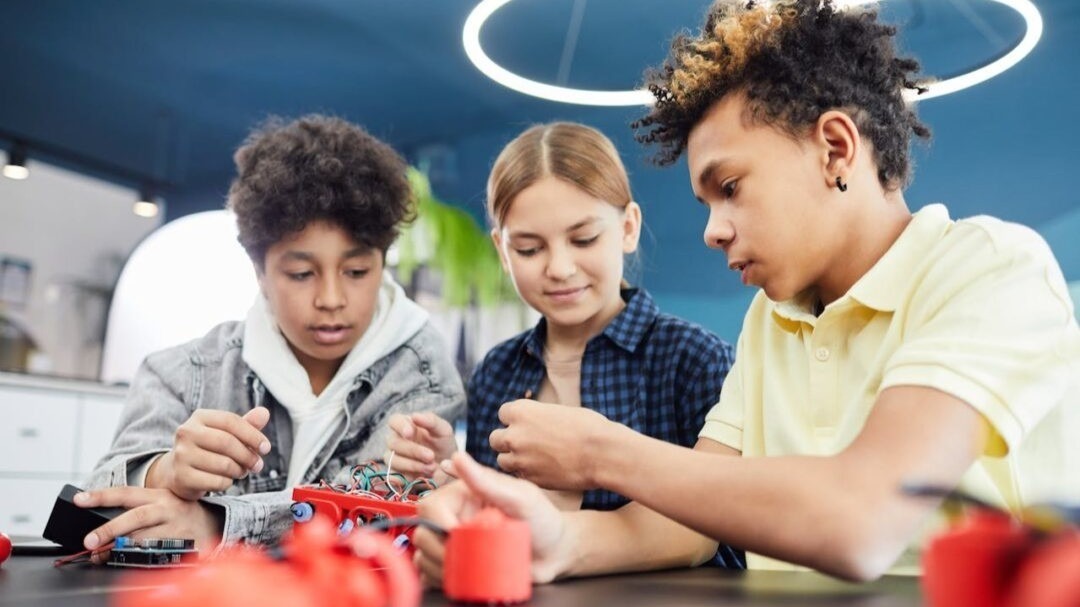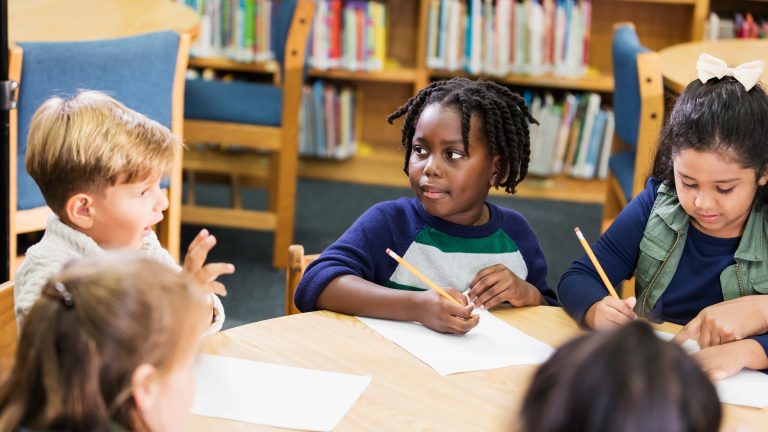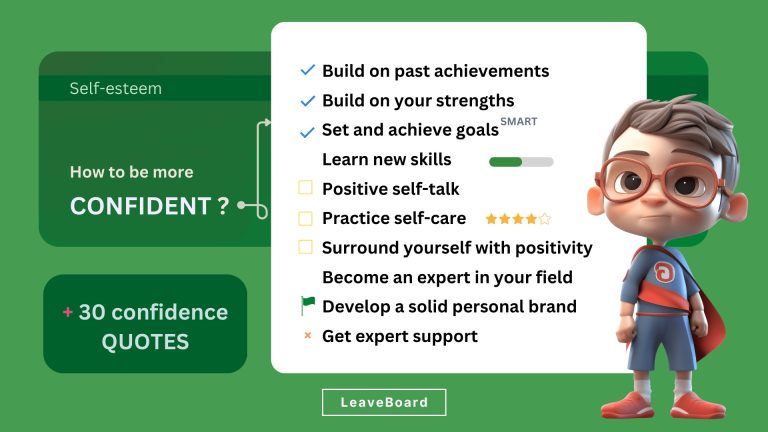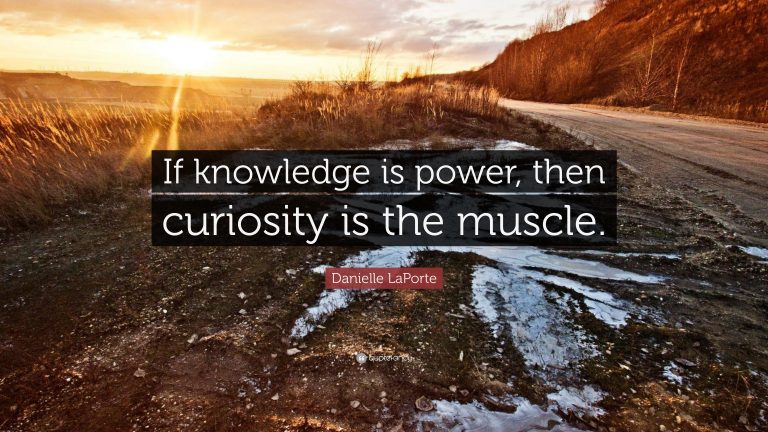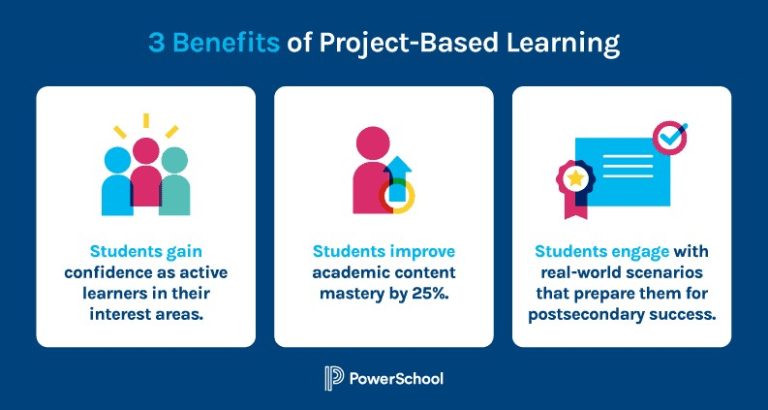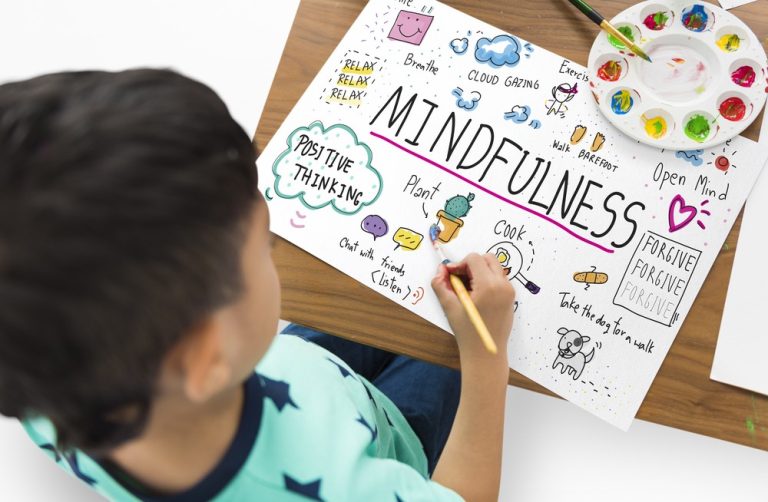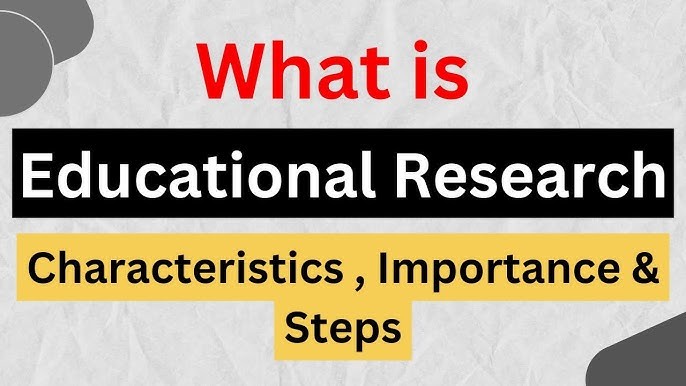The Educator’s Commitment to Continuous Improvement
In the realm of education, the commitment to continuous improvement is not just a professional obligation—it’s a mindset that defines the most impactful educators. Teaching is a dynamic practice, shaped by evolving research, shifting societal needs, and the diverse experiences of learners. For educators, the pursuit of excellence is never static. It demands reflection, adaptation, and a willingness to challenge one’s own assumptions. This commitment is not about chasing perfection, but about embracing growth. It’s the recognition that every lesson, every interaction, and every outcome offers an opportunity to learn, refine, and elevate the craft of teaching.
Continuous improvement begins with self-awareness. Educators who are attuned to their own strengths and areas for development are better positioned to make meaningful changes. This introspection often starts with questions: What worked well in that lesson? Where did students struggle? How did my approach influence engagement? These reflections are not exercises in self-criticism—they are tools for progress. In business, this mirrors the practice of post-project reviews or performance debriefs, where teams analyze outcomes to inform future strategies. The educator’s version is deeply personal, yet equally strategic. It’s about using insight to drive intentional change.
Professional development plays a central role in this journey. Workshops, conferences, peer collaboration, and academic research all provide avenues for growth. But the most effective learning often happens in the context of practice. When educators experiment with new methods, integrate feedback, and observe the impact on student learning, they engage in a cycle of improvement that is both practical and transformative. For instance, a teacher who notices that students are disengaged during lectures might explore active learning techniques, such as group discussions or problem-based tasks. By testing these strategies and adjusting based on student response, the teacher evolves—not just in technique, but in mindset.
Technology has added a new dimension to continuous improvement. Digital tools offer data, insights, and flexibility that were previously unavailable. Educators can now track student progress in real time, identify patterns, and tailor instruction to meet individual needs. This data-driven approach enhances decision-making and supports targeted interventions. However, technology is not a substitute for professional judgment. It’s a resource that, when used thoughtfully, amplifies the educator’s ability to respond to learners. The key is not in the tool itself, but in how it’s used to inform and enrich the teaching process.
Collaboration is another powerful driver of improvement. When educators share experiences, exchange ideas, and support one another, they create a culture of learning that extends beyond the classroom. Peer observation, team teaching, and professional learning communities foster dialogue and reflection. These interactions challenge educators to think differently, to consider alternative perspectives, and to refine their practice. In business, this is akin to cross-functional collaboration, where diverse expertise leads to innovation. In education, it leads to more responsive, inclusive, and effective teaching.
The commitment to continuous improvement also involves staying connected to the broader purpose of education. It’s easy to become consumed by day-to-day demands, but the most effective educators maintain a clear sense of mission. They understand that their work is not just about delivering content—it’s about shaping minds, building character, and preparing learners for a complex world. This purpose fuels resilience and inspires growth. When challenges arise, purpose provides the anchor. It reminds educators why they strive, why they reflect, and why they continue to evolve.
Feedback is essential in this process. Whether it comes from students, colleagues, or self-assessment, feedback offers a mirror for practice. It highlights blind spots, validates strengths, and guides improvement. Educators who seek and embrace feedback demonstrate humility and courage. They show that learning is not just for students—it’s for everyone. This openness to feedback is a hallmark of high-performing professionals across industries. It signals a commitment to excellence and a belief in the power of growth.
Importantly, continuous improvement is not a solo endeavor. It requires institutional support, leadership vision, and a culture that values learning. Schools and organizations that invest in professional development, encourage innovation, and recognize effort create environments where educators can thrive. This support is not just logistical—it’s emotional. When educators feel valued, trusted, and empowered, they are more likely to take risks, reflect deeply, and pursue excellence. In business, this is the foundation of employee engagement. In education, it’s the foundation of transformative teaching.
Ultimately, the educator’s commitment to continuous improvement is a testament to their dedication, integrity, and passion. It reflects a belief that teaching is not a fixed skill but a living practice. It’s a journey marked by curiosity, resilience, and purpose. In a world that demands adaptability and insight, educators who embrace this journey become not just better teachers, but better leaders, mentors, and change-makers. Their growth fuels the growth of others, creating a ripple effect that extends far beyond the classroom. And in that ripple lies the true power of continuous improvement.

